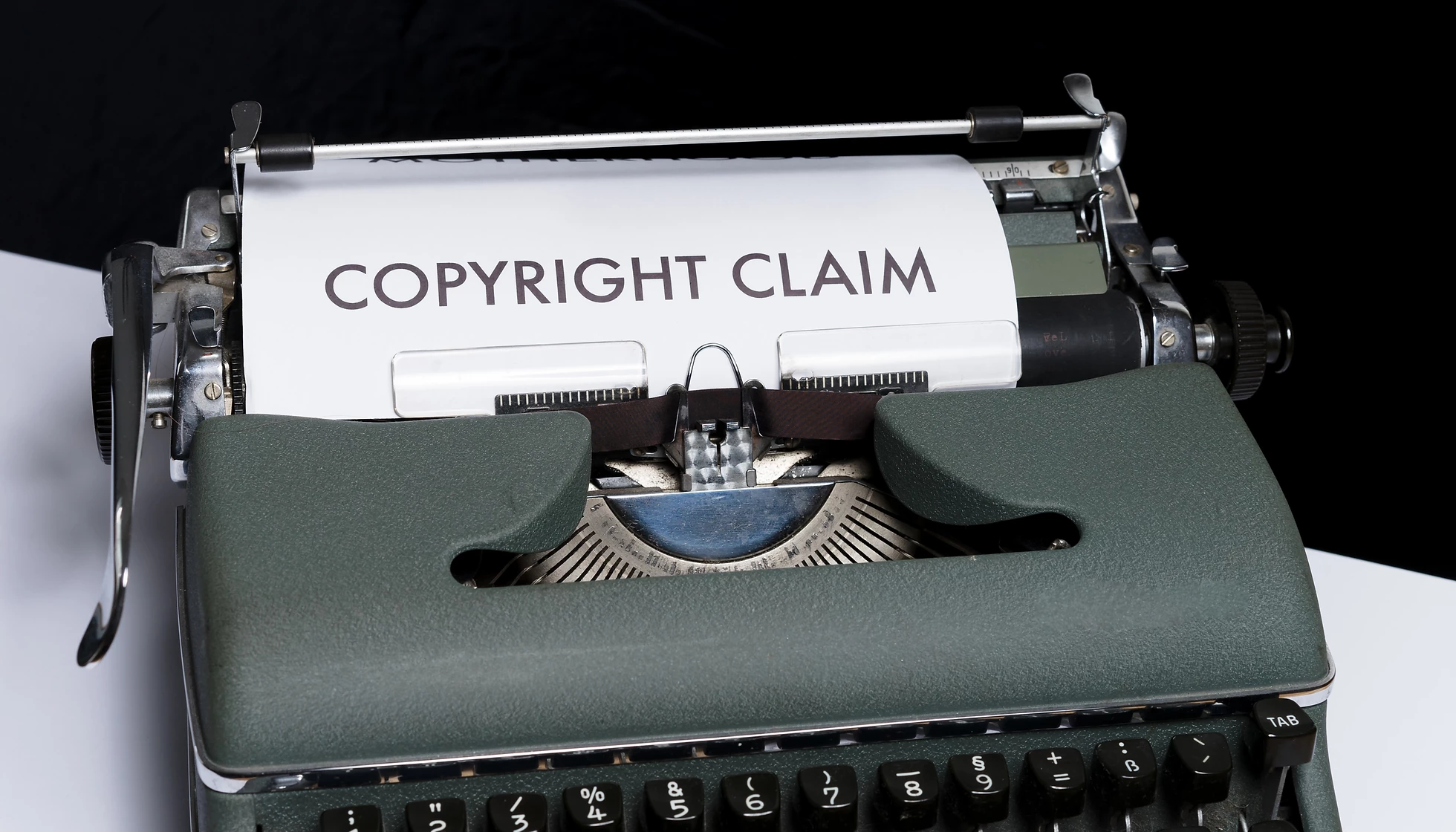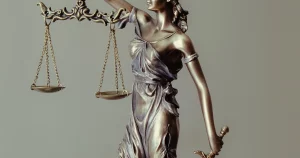Copyright: Registration and Protections
INTRODUCTION
Intellectual property has become one of the most renowned drivers of economic growth globally as most countries are moving from traditional resource-based economies to knowledge-based economies. There are four types of intellectual property, namely, patents, trademarks, copyrights, and trade secrets. Due to the current surge in the number of artists (musicians, artists and authors) in Zimbabwe, there is need for artists to protect their intellectual property rights. The survival of the arts industry is in jeopardy due to rising intellectual property violations, infringement actions and piracy.
This article seeks to focus specifically on copyrights. The article begins by defining the concept of a copyright and then provides the requirements for a copyright to subsist in a work. The article also touches on the benefits of copyrights, as well as the remedies available to an artist whose work has been infringed.
WHAT IS A COPYRIGHT?
According to the Copyright and Neighbouring Rights Act (Chapter 26:05), copyright means “the sole legal right to print, publish, perform film or record a literary or artistic or musical work.”
Copyright protects the expression of an idea, and broadly refers to exclusive right of the holder to copy a creative work or allow someone else to do so. It includes the sole right to publish, produce or reproduce, to perform in public, to communicate a work to the public through telecommunication, to translate someone’s work and in certain instances, to rent the work. Copyright encompasses artistic creations including but not limited to poems, music, novels, cinematographic works, drawings and paintings.
THE REQUIREMENTS FOR A COPYRIGHT TO SUBSIST IN A WORK
The Copyright and Neighbouring Rights Act (Chapter 26:05) (Copyright Act) defines the type of works that are eligible for copyright protection in Zimbabwe.
Copyright exists in Zimbabwe without registration provided that the right exists within the provisions of the Copyright Act. The protection of a created work is automatic, with effect from the date of creation of the works. Once it is established that the work concerned falls within the parameters of copyright protection, the copyright owner does not need to take a further step.
In order for a copyright to subsist in a work, the following requirements must be met:
a) the author of the work must be a qualified person in the Act;
b) the work must so qualify for copyright protection by virtue of the country in which it was published or made; and
c) the work must have been made under the direction or control of the State or a designated international organisation as provided for in the Act. Further, a work shall not be eligible for copyright if it has not been reduced to writing, recorded or otherwise reduced to material form.
In terms of section 11(1)(a) of the Act, a work that is eligible in terms of the Act shall qualify for copyright protection if the work’s author is a citizen of Zimbabwe or a designated country.
Persons that wish to enforce their copyright but are not citizens of Zimbabwe may enforce their copyright if they are a citizen of any member of the Berne Convention for the Protection of Copyright Works or any member of the Agreement on Trade Related Aspect of Intellectual Property (TRIPS Agreement).
With the Zimbabwean Act, most works are protected for 50 years from the date of creation. With global music laws, copyright laws stand up to 70 years after the death of the owner and heirs gain the licenses of the works of the deceased.
IN WHAT WORKS CAN COPYRIGHT SUBSIST?
There is a misconception that works published on the internet are not protected by copyright. Several artists share their music via Twitter, Instagram, YouTube and Facebook and people tend to take a casual approach in the use of works they have found online. Because an artist’s work is freely available on the internet does not mean it is free to use without the necessary consent. There is a need to handle works published electronically in the same manner as those that are tangible as they are subject to the same legal principles.
According to section 9(2) of the Act, copyright can subsist in literary works, musical works, artistic works, audio-visual works, sound recordings, broadcasts and programme-carrying signals.
The Copyright Act also protects performance rights, recording rights and moral rights. Performance rights relate to the rights that subsist in performances of dramatic (theatrical) or musical works, the reading or recitation of a literary work, the performance of a variety of acts and performances of folklore.
The work of an artist is protected from the moment it is fixed and real or substantial. According to Zimbabwe’s Copyright Act, copyright restricts the rights of others to do the following with a sound recording, without the authorisation of the copyright holder:
- to make directly or indirectly, a record expressing the sound recording;
- to directly or indirectly sell or let for hire by way of business a copy of the sound recording;
- to import the sound recording otherwise than for personal use;
- to make the sound available on a computer network without author’s permission;
- to cause the work to be broadcasted to the subscribers of a diffusion service; and
- to make any changes of the sound recording.
The most widespread and common copyright infringement of music in Zimbabwe is piracy via unauthorised mass production and mass distribution CDs that are sold at very low prices in the informal sector. It is also common to see high school textbooks and novels that have been reproduced by photocopying, and are sold in the informal sector along main streets, particularly during the school term. These kinds of copyright violations deprive the musician, or author income and royalties, as any monies generated from sales of these pirated CDs and photocopied books do not reach them. Many stories are published in the local press of musicians wallowing in poverty, yet their music is popular: this is because piracy deprives them of their income streams, and undermines the time and financial investments taken to create and produce music.
REMEDIES AVAILABLE FOR COPYRIGHT INFRINGEMENT
In Zimbabwe there are several remedies for copyright infringement. However, certain requirements must be met by the author, artist or musician. Firstly according to section 10 of the Act, the work must be eligible for copyright, section 11 states that the author should be a qualified person and the work should qualify for copyright protection by virtue of the country where it was published in terms of section 12. Moreover, the work should be made under the direction and control of the State or designated International Organization as according to section 13 of the Act.
Right holders can enforce their rights in various for a such as the Intellectual Property Tribunal, the High Court of Zimbabwe and (subject to jurisdictional limits) the Magistrates Court. Criminal proceedings may also be instituted with the assistance of police arresting those persons who infringe copyrights, and bringing them before the Magistrates Court and High Courts.
Interim and final interdicts are also available to copyright holders as remedies against a copyright. Other remedies include damages, sentences of imprisonment, the imposition of fines and Anton Piller orders, which is a special court order that is given to the Plaintiff to allow the Plaintiff or their lawyers to enter the premises of the defendants to obtain any necessary evidence.
BENEFITS OF COPYRIGHT LAW
An artist should benefit financially whenever their work is reproduced, published, broadcast and used in public by individuals, for commercial or any other purpose. Copyright helps protect the value of an artist’s work because it gives the artist the ability to protect it from uncredited or unlicensed usage. It prevents the copying of one’s work to an extent that the originator cannot receive credit for it. Copyright essentially allows creatives to create freely without fear of another person simply taking a work, editing it and receiving higher recognition from one’s hard work. It fosters creativity and innovation. Copyright protection also ensures that artists can create new work without fear of it being duplicated and distributed without their consent and it allows artists to protect their livelihood.
Further, copyright protection prevents monetary losses arising from copies being made of the original work. As stated above, in Zimbabwe, copies of pirated CDs, DVDs, music videos, textbooks, and novels are available for very low prices in the informal sector. Not only are these copies poorly produced, but they lead to losses for the musicians, artists, publishers and authors. Illegal downloading of movies and games is also on the rise.
Copyright protection also gives artists legal protection in the event that someone else infringes on their copyright without seeking the necessary permission. A music producer may make a song that is similar to one that was released earlier, without copyright protection, it is difficult to prove in court that it was plagiarised. Therefore, copyright provides the artist with a defence in the event that he seeks legal recourse. Copyright protection ensures that the reputation of creatives is protected and it is a vehicle for economic growth for the individuals and the country.
CONCLUSION
As a vehicle for brand building, copyright law safe guards the intellectual property of musicians, artists and authors and makes it easier for them to enforce rights as proprietors.
Author
-

Solicitor (TITAN LAW ) BSocSci (Rhodes) LLB (Hons) (Rhodes) Practice Areas: Civil Litigation, Commercial Law, Conveyancing and Property Law, Family Law
View all posts






Thank you for this. I saw the requirements but what is the process and is there a cost?